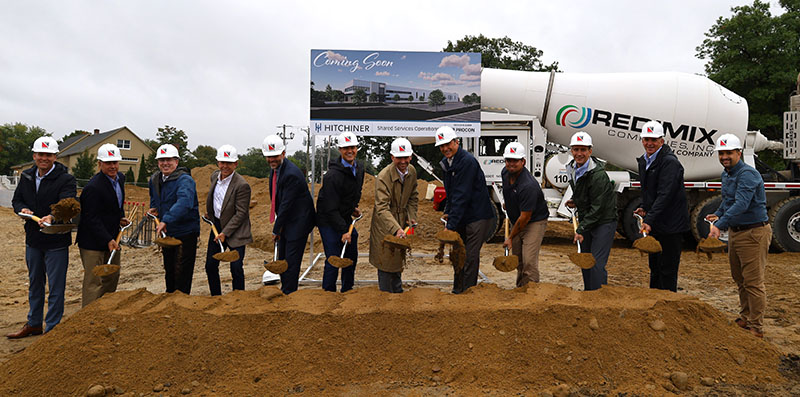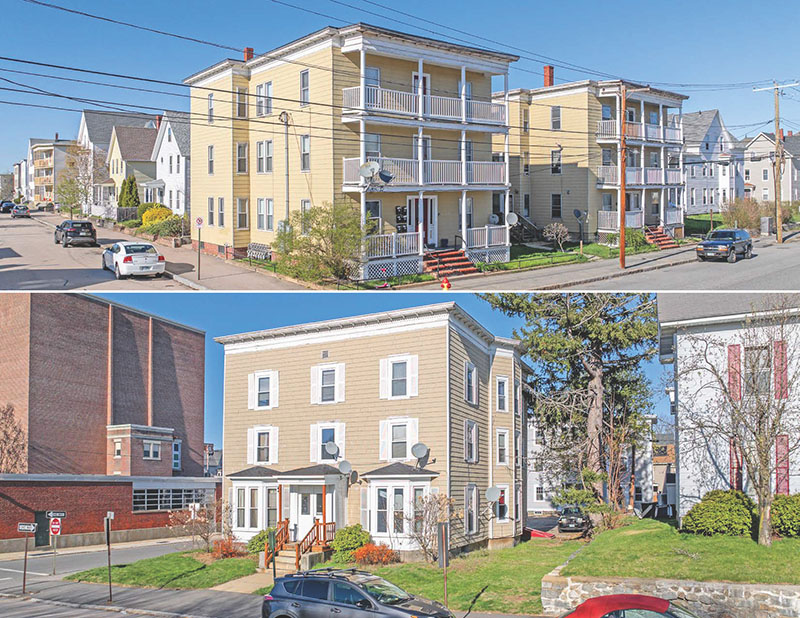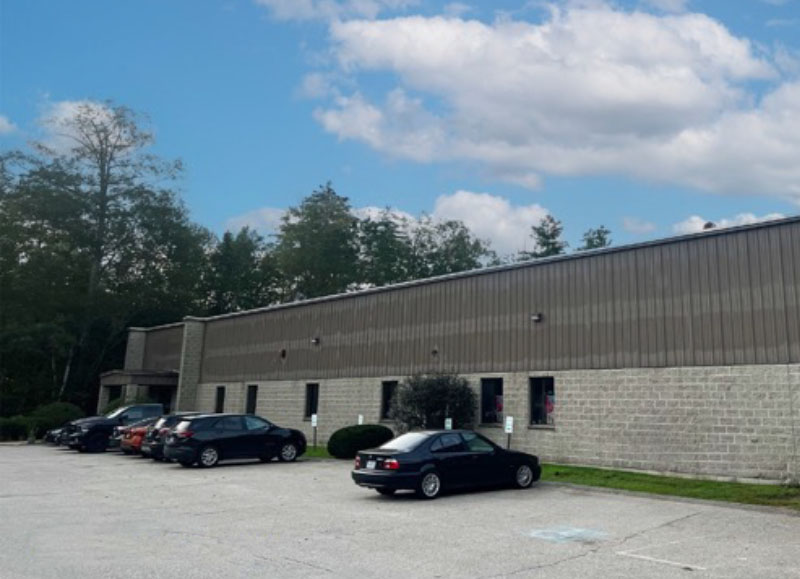News: Northern New England
Posted: April 1, 2009
Will the American Recovery and Reinvest. plan affect you?
Given the current real estate conditions I have asked a former OMB budget analyst and current New Hampshire real estate attorney to provide his insight on the proposed Obama stimulus program. With thanks, I introduce Michael Kasten.
One of the most pressing questions about the American Recovery and Reinvestment Act (the stimulus) is whether it will touch enough segments of the economy to make a difference. The plan is quite aggressive in pumping money through the economy quickly. In fact, by the end of this year, all the $787 billion will have been committed and much of it spent. The Obama Administration is creating high expectations for a speedy recovery. People will be patient in 2009, as most people understand the very difficult economic climate that Obama faced when he came into office. But the Administration will be graded bluntly by the American public and the business community in 2010.
As a former budget analyst in the Office of Management and Budget (OMB), my first instinct is to shiver and quiver at the size of the federal budget deficit we are creating. Is it possible to run a deficit of $1.5 trillion and have an economic recovery? Won't the interest on the growing debt gobble us up?
I'm telling myself not to go there and to give the stimulus a chance. Some of the ballooning deficit is comprised of non-recurring expenditures so maybe the deficit won't be as bad as it sounds. Whether or not you favor the stimulus, it is here and many of us are now asking "how will it affect me now and what should I do to position myself for the future?". We are all scrambling in some respects to answer this question and challenge.
Real estate developers, contractors, and owners involved with public housing projects, and owners of buildings with Section 8 residents may see the most direct benefit. Congress appropriated $4 billion for Public Housing Authorities (PHA's) for low income housing projects. The PHA's should have the funds now and begin reviewing projects shortly. An additional $1 billion is authorized for energy efficiency improvements to public housing. This might be time a good time to get familiar with the process and rules for undertaking a public housing project as well as the tax incentives and tax credits available to developers and investors supporting low income housing projects. Developers who are experienced in the public housing arena clearly have a leg up, as the rules and program requirements can seem extremely cumbersome and complex to work through for the first time. Tight deadlines for applying for project approvals and the fact that many projects were already in the pipeline when the stimulus plan passed add to the challenge (nationally a $32 billion backlog in capital needs). Contacting your local PHA or your state housing finance authority to begin learning about the process may be a good use of time. My sense is this won't be the last piece of legislation favorable to low-income housing projects. Owners of apartment buildings are seeing a direct benefit from the Homelessness Prevention funds providing direct (Section 8) assistance to tenants.
For smaller businesses which have been unable to qualify for loans to expand and/or purchase, improve or upgrade their real estate, there may be possibilities that were previously unavailable under the SBA 504 and Section 7(a) loan programs. As part of the stimulus plan, the SBA is suspending guaranty fees and increasing the guaranteed portion of loans, making these types of loans less risky for banks. Small business owners may want to contact a banker to discuss these programs.
How about commercial developers who are not involved in public housing or are not looking to qualify for an SBA loan? I don't see many opportunities for direct help from the stimulus plan, but investments in infrastructure and environmental projects may have an impact. In New Hampshire, $130 million is set aside for highway projects and improvements. This is not an insignificant amount of money. Projects such as the Airport access road being built at the Manchester -Boston Regional Airport could open up more opportunities for commercial development. Almost $50 million will be available for energy improvement efficiency projects in New Hampshire including improvements to government buildings.
It is too early to know whether the stimulus plan will help the U.S. and our regional economy get back on the track. All we can do now is follow the opportunities it provides and hope that more opportunities will be created.
Michael Kasten is an attorney with Kazan Shaughnessy Kasten & McDonald, PLLC, Manchester, NH.
Tags:
Northern New England
MORE FROM Northern New England
PROCON and Hitchiner break ground on 57,000 s/f shared services operations facility
Milford, NH Hitchiner, in partnership with PROCON’s integrated design and construction team, has officially broken ground on a new 57,000 s/f shared services operations facility at its Elm St. campus. This building will house value-added services used across Hitchiner’s various business units,

Quick Hits







